Op-Ed: Removing Instagram likes would boost girls’ self esteem
Photo credit: Cadence Callahan
Freshman Annabelle Terner sits alone while scrolling through Instagram. Instagram creates pressure to appear a certain way; however, removing likes would help alleviate some of the stress teenage girls can feel surrounding the app.
Scrolling through my Instagram explore page on day in November, my friends and I were looking at photos of our favorite celebrities and cute puppies jumping through hoops. We were all glued to our screens. Out of nowhere, we all got a notification from CNN that Instagram likes could start disappearing from posts, in an experiment that had been tested in a few different countries.
I’m favor of this experiment because I believe it will make the app less stressful.
The “like”experiment has already taken place in countries such as Canada, New Zealand, Japan, Australia, Italy, Ireland and Brazil.
According to a Common Sense Media Survey on children, teens, media, and body image, 22% of the young girls said they felt bad about themselves if photos of them were ignored. Another 27% felt stressed about how they looked in photos, and 35% worried they looked unattractive and unflattering in tagged photos. The stress young girls feel towards Instagram and other social media apps is disheartening.
In an NPR article, Adam Mosseri, the chief of Instagram, said he believes getting rid of likes would “depressurize” the app. He wants to make the app less of a competition and “give people more space to focus on connecting with [the] people [they] love [and] things that inspire them.”
This experiment was supposed to take place in the U.S. in November, affecting different places in the country at a time. In the same article done by NPR, Mosseri didn’t specify how long the pilot would be in place and what states it would affect. Instagram did not respond to requests for comment on whether the policy was, in fact, ever implemented, but as of now we’re still able to see the amount of likes we get.
In an article done by Business Insider, young girls were asked to edit their photos until they felt satisfied enough with the results to post on social media.
In the experiment, the young girls preferred their original photos, but still attempted to make them “perfect” to please their followers. Many girls still edit their photos in an attempt to look like their role models by removing blemishes and freckles, making their lips bigger, and slimming down their noses and faces.
I have struggled with self-esteem and I tend to compare myself to others or look in the mirror and pick out my imperfections. The validation I got from the people who liked my posts made me feel important. So I tried to post pictures that would get those likes and continue to make me feel valued and special.
I used to be one of these people who focused on likes and only posted photos for validation. I would delete photos that didn’t have as many likes as I would have hoped for in order to feed into what I thought was socially acceptable. I let likes control what I posted. I posted what I thought people wanted to see rather than what I cared about, like fun and memorable moments with family and friends. I felt a pressure to only post the photos and videos that would please people.
One day, I got tired of it and decided to do a social media cleanse. I deleted all of my photos and took a break from Instagram and social media alike because it was taking a toll on my mental health.
I’ve seen the way people can become obsessive over the amount of likes they receive. Friends have taken down posts just to re-upload them because they’re hoping to gain more likes. They constantly refresh their feeds just in case their internet was slow and wasn’t showing the true amount of likes they received.
I had to learn that “likes” don’t define who I am. I had to take the time to realize that the likes I was receiving on posts weren’t real. The people who liked my posts didn’t actually know me. People liked the facade I posted and the “story” I gave them. I believe the Instagram experiment of getting rid of likes would benefit young girls and other young people alike.
Correction Statement (April 18, 2022, 10:20 a.m.) The article has been adjusted to include an updated link to the Common Sense Media Survey.
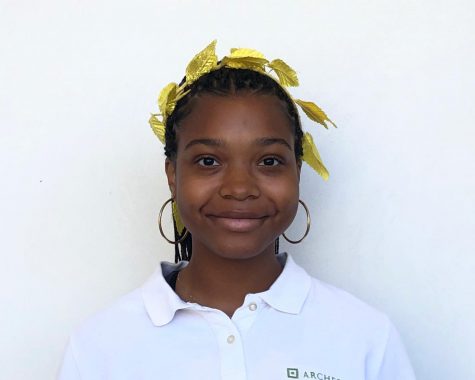
Cadence Callahan first joined the Oracle as a Staff Reporter in 2019 and was Voices Editor in 2022. She was on the Executive Board of Best Buddies and...



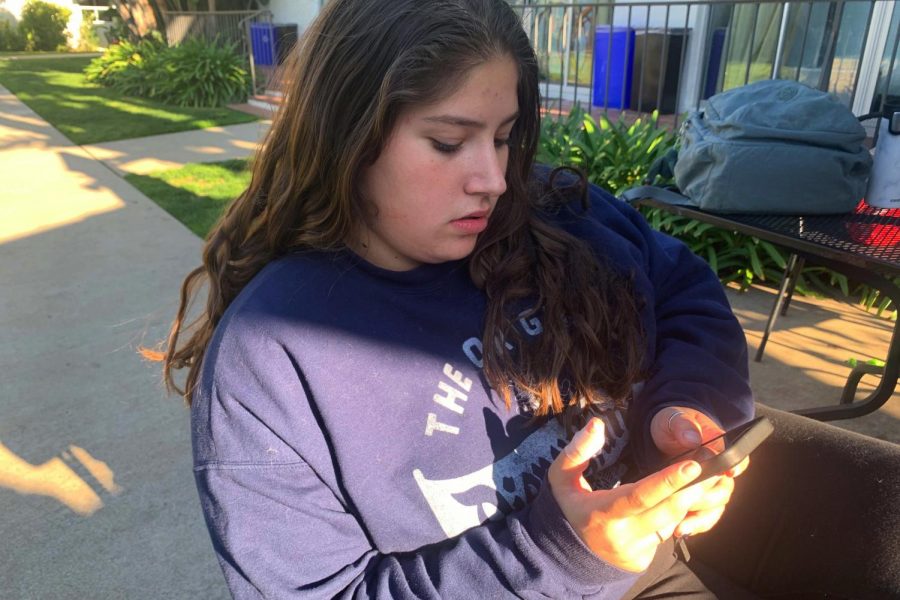
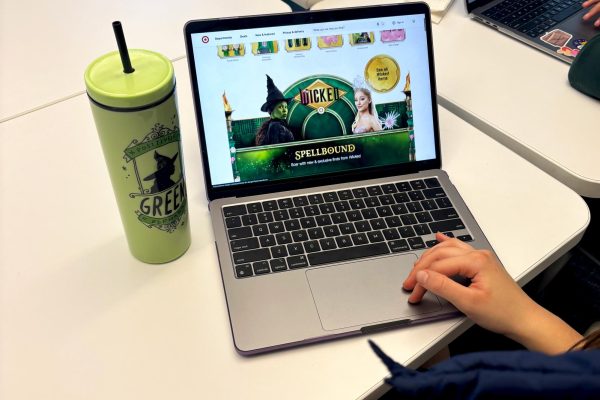
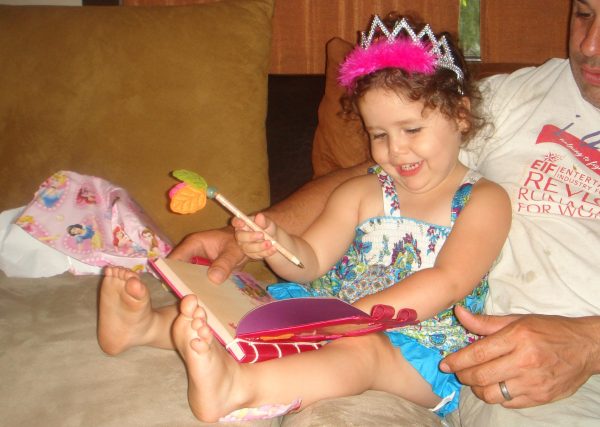



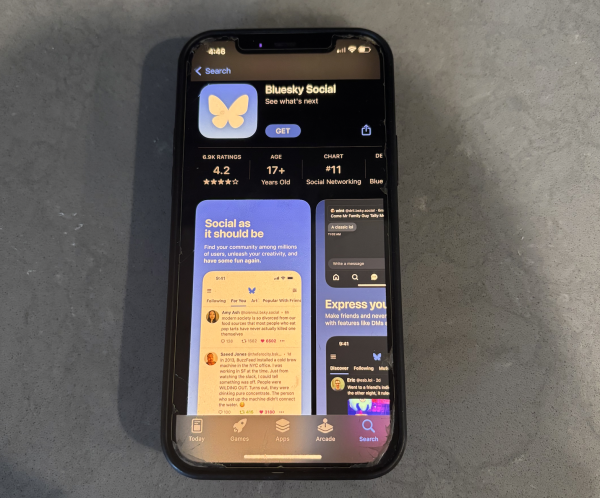


C. T • Sep 7, 2021 at 11:15 am
This is a very insightful, honest, and brave Op Ed. I agree with the opinions within. Great job!